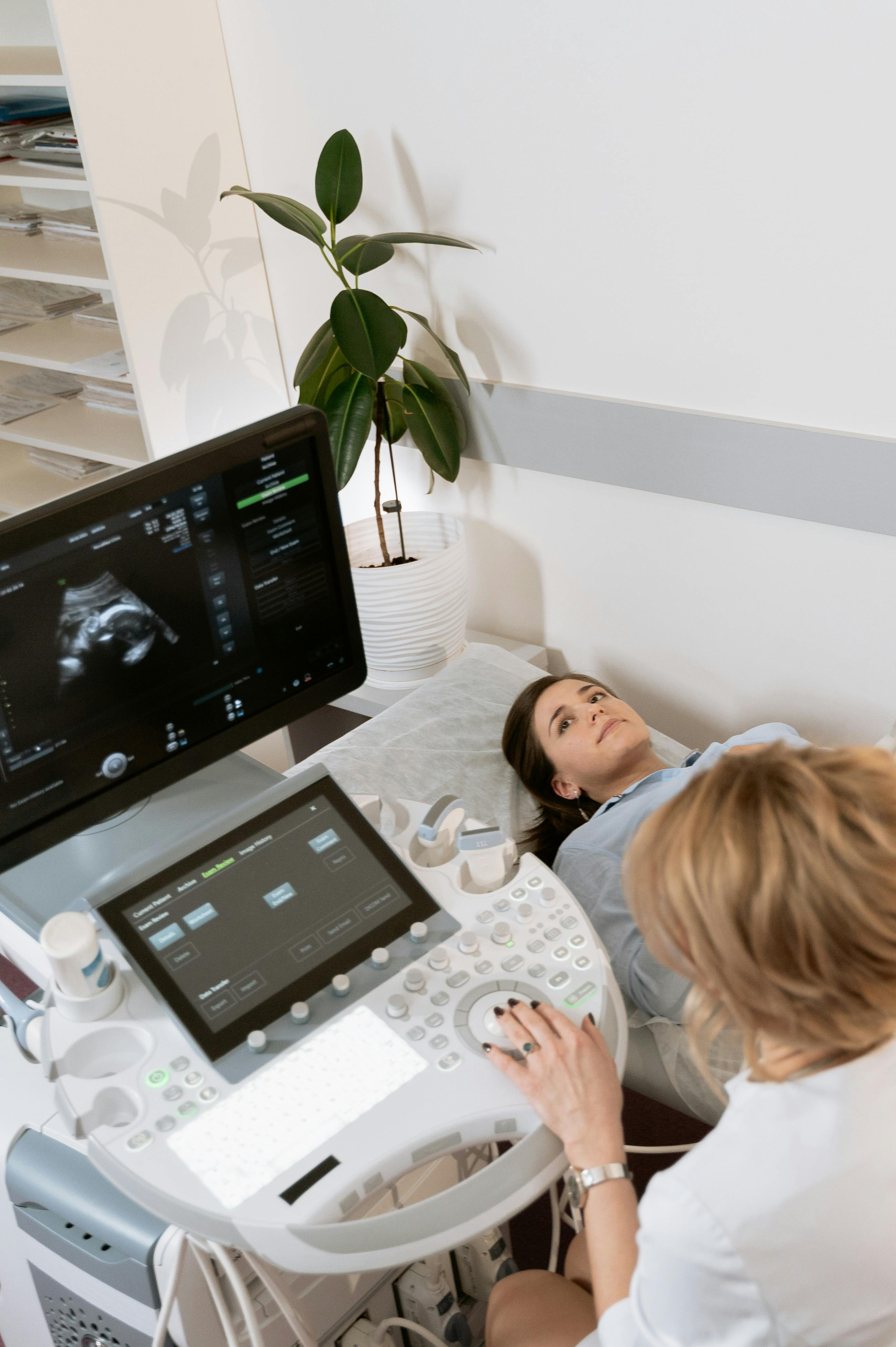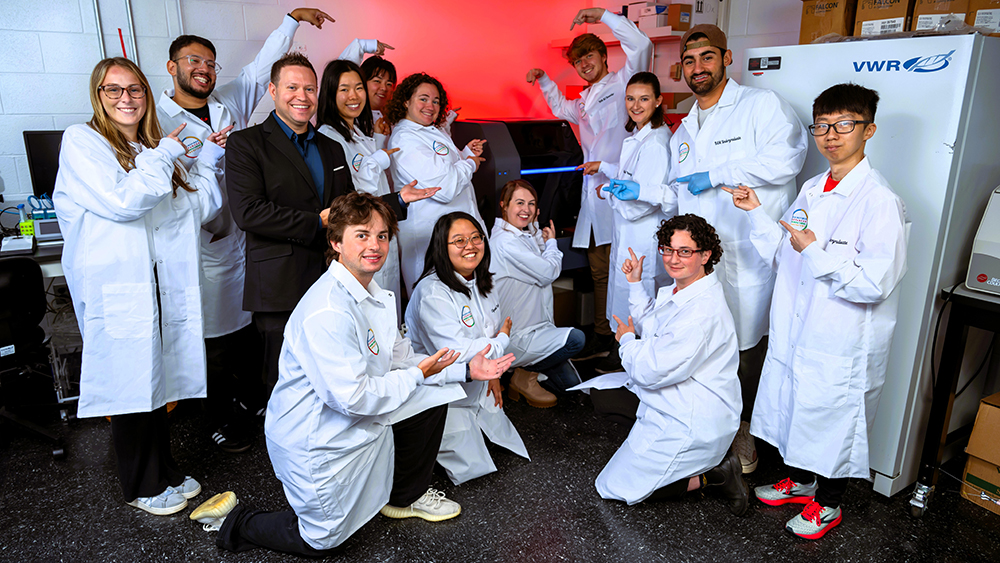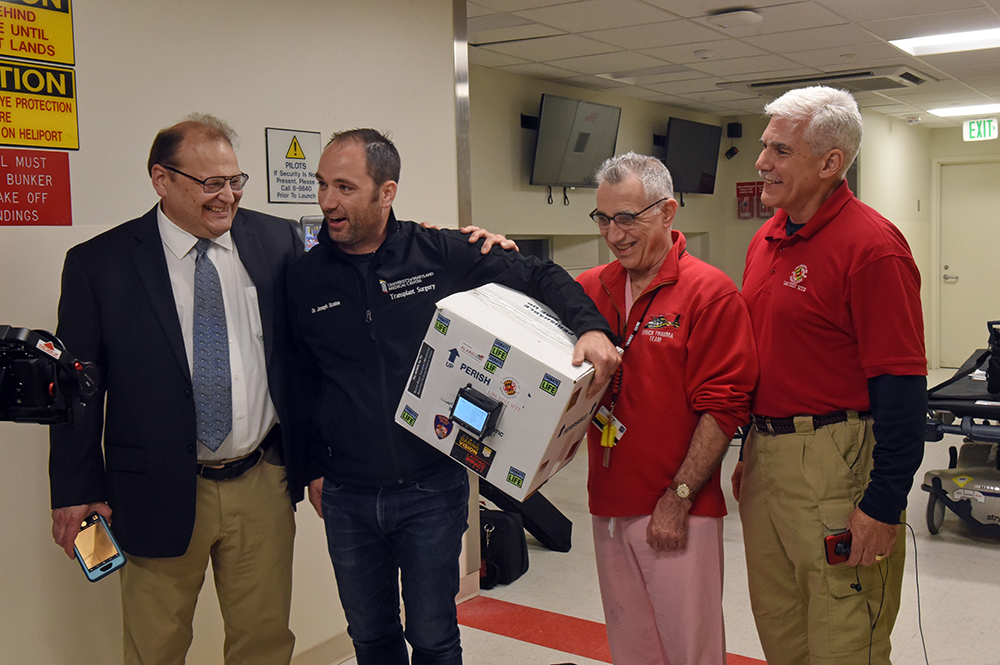News Story
FDA Awards $350K To Researchers Advancing Female Reproductive Care

The United States Food and Drug Administration (FDA) awards two researchers in the Department of Chemical and Biomolecular Engineering a $350,000 grant to advance new treatments for female reproductive conditions.
In a two-year study, Assistant Professor Hannah Zierden, Professor and Chair Peter Kofinas and collaborators with the FDA’s Centers of Excellence in Regulatory Science and Innovation (CERSI) will explore the potential of absorbable polymer devices as preventative treatments for intrauterine adhesions. Their work could accelerate new technologies to treat endometriosis, which impacts over 10% of reproductive aged-women causing chronic pain and sometimes leading to infertility, among other health issues.
Tissue adhesions, when organ surfaces stick to each other, often result from post-surgical inflammation, sometimes evolving into a life-threatening condition. Many available treatments, including polymer-based devices often used to treat them, are ineffective.
Making a step forward in gynecologic care, work by Zierden—an expert in nanotherapies for women’s health—and Kofinas—an expert in functional polymers for medical applications—will test advanced sprayable polymers in the female reproductive tract to evaluate their safety and biocompatibility.
The results of this work could unleash improved devices to reduce intrauterine adhesions, presenting treatment options for conditions like endometriosis, uterine fibroids, gynecologic cancer, gender confirmation surgeries, hysterectomies, myomectomy, and secondary infertility, among others.
“Many of the existing regulatory science tools fail to focus on how novel medical devices will interact in the female body. By examining polymer degradation in the context of female reproductive tract tissues and hormones, our work will establish important benchmarks for the translation of absorbable polymer devices for use in gynecologic and obstetric surgeries, with the potential to address existing disparities in women’s health,” said Zierden.
Zierden and Kofinas’ work will assess the biocompatibility of the polymer devices with female reproductive organs as well as the performance, duration and safety after degradation. It builds on Kofinas’ previous work on abdominal adhesions devices, proposing an enhanced technology that is tailored to women’s health.
“This is a significant milestone in our efforts to address critical gaps in women’s health care. Our work will focus on creating polymer devices that are safe, effective, and tailored to the unique physiological conditions of the female reproductive system, ultimately aiming to enhance the quality of life for many women," said Kofinas.
Published August 9, 2024















